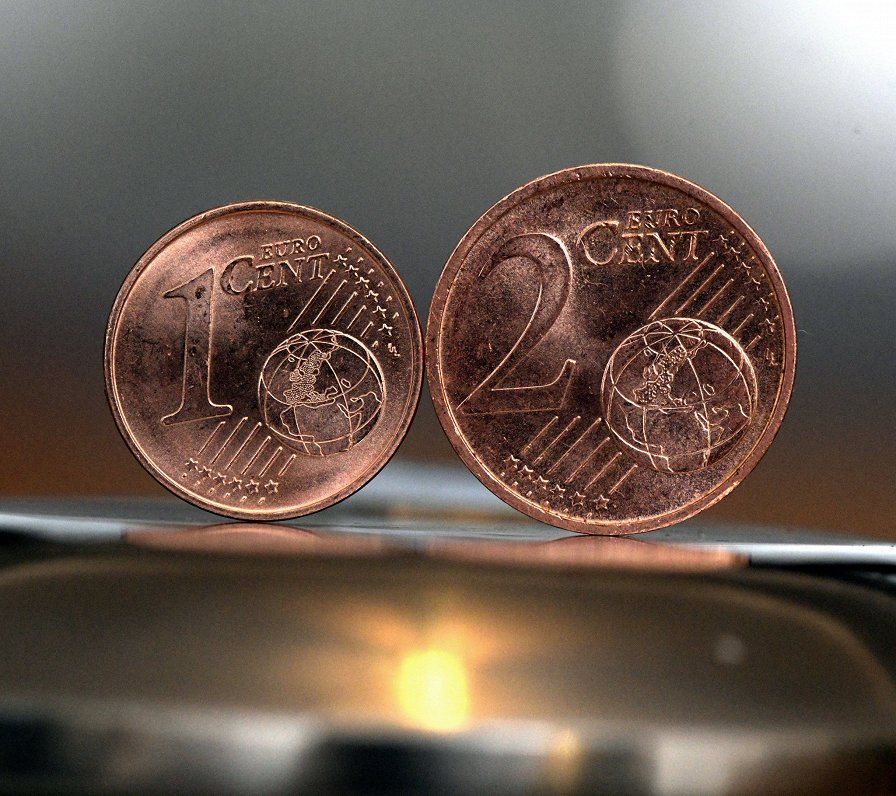In Q2, the average monthly gross wages in the country for full-time work increased by 12% and reached EUR 1,525 before tax, according to data from the Central Statistical Bureau.
During the year, average wages have risen at the fastest rate – by 20% – in the agricultural, forestry, and fisheries sectors, followed by the water supply, wastewater and waste management sector, the extractive and quarrying sector, transport and storage, and energy. Wages also increased by 14.6% in public administration.
The fastest wage growth was in Rīga vicinity and Vidzeme, but the highest earning sectors are finance and ICT.
The Bank of Latvia economist Andrejs Migunovs considers that there are three main reasons for wage growth: the situation in the labor market, the increase in minimum wages from €500 to €620, and inflation.
“There was very high inflation in the previous year, so we have increased prices for products and services, and gradually this effect is starting to feed into wages. That effect is still continuing. We have also had a rise in the minimum wage, which also affects statistics for this quarter, and the third factor is the labor market,” indicates Migunovs.
“The unemployment rate has declined and therefore there is a smaller supply of labor, which also encourages employers to increase wages because they simply don't have anyone working. Employers are starting to compete for employees among themselves.”
Because of the demographic situation, fewer people are entering the labor market than they are retiring.
However, Citadele economist Mārtiņš Āboliņš also points out that, in terms of remuneration, we are still lagging behind the European average.
"If we look at our income levels, it is still 70-80% of the European average. Wages have to be raised [..] so that people stay in Latvia, and, in fact, the process is continuing, we see. Wages in Latvia are likely to continue to grow in the foreseeable future, as catching the European average will not come so quickly. On the other hand, the demographic situation, the decline in the number of workers, is not expected to change in the near future."
Līga Leitāne, lecturer at the University of Latvia's Faculty of Business, Management and Economics, said that wage increases still do not compensate for inflation and tariff increases.
“We all see that the increase is well higher than the official statistics show us that figure. Despite wage increases, the real standard of living for the population as a whole has deteriorated. For example, at a time when prices rise upward, heating rates are 30-40% higher as energy prices rise, raw materials have become more expensive. But when they fall, they fall by 3.5%. Even that salary, the rise of that moment, hasn't covered the decline in the standard of living that has been previously.
“As a consequence, the issue is competitiveness for companies, solvency for employees, because they have an objective need for higher wages,” said Leitāne.
As Latvia's economic growth slows down, wage growth will continue to be slower than it has been until now, but it is predicted to continue. Minimum wage is also planned to be raised next year.





























